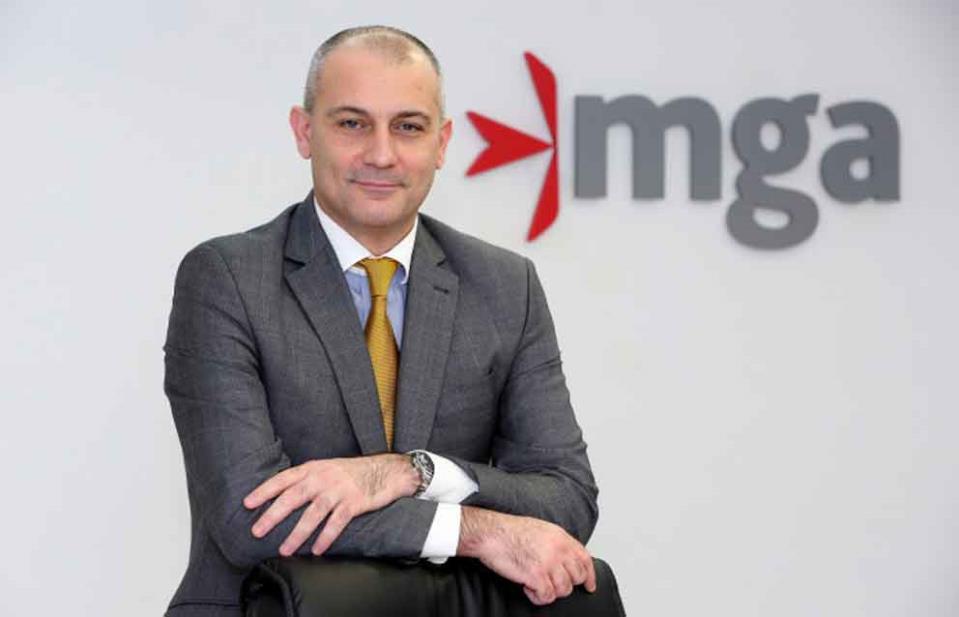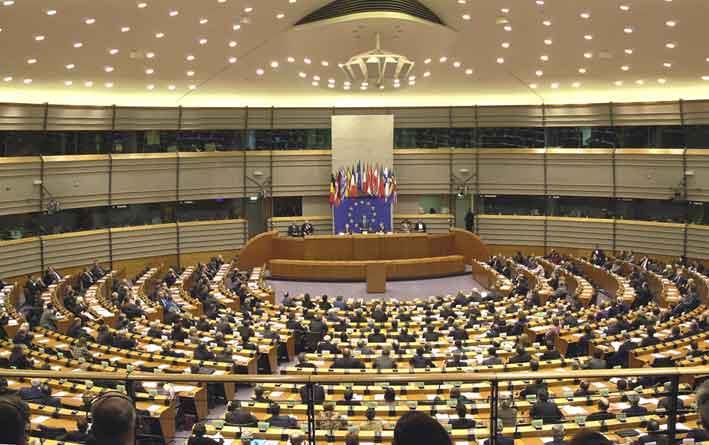Malta is standing its ground in the face of pressure from the rest of the European Union to protect its coveted online gaming sector, which accounts for 11 per cent of the country’s gross domestic product.
The issue centres on a new definition of ‘illegal sports betting’ being pushed forward by the Council of Europe in its Convention on the Manipulation of Sports Competitions.
The definition in question reads: “‘Illegal sports betting’ means any sports betting activity whose type or operator is not allowed under the applicable law of the jurisdiction where the consumer is located.”
According to Malta Gaming Authority Executive Chairman Joe Cuschieri, the definition could have dire consequences for Malta’s remote gaming industry.

He explains, “This definition will effectively render illegal all operators who offer their services via their Malta Gaming Authority licence in other European states.”
As such, the Convention on the Manipulation of Sports Competitions, in its current form, would deal a heavy blow to Malta’s booming online gaming industry since the vast majority of Maltese-registered online gaming companies take bets from punters in a wide variety of countries.
Dr Cuschieri adds, “While in accordance with the jurisprudence which has developed in the EU since 2008, a number of EU member states are restricting the provision of online gaming services within the EU and imposing national licences to offer gambling services within their territories.
“If the EU were to ratify the Convention of the Council of Europe, such a definition will have automatic EU applicability which effectively gives the ‘stamp of approval’ to the restrictions imposed by EU member states on the provision of cross-border services.
“This definition, taken with the enforcement measures which the Convention calls on the signatory states to take in respect of 'illegal betting operators', unfortunately prevents Malta from supporting the Convention, which, in general, has a very positive objective in line with its policy to force out match-fixing.
“Malta participated in negotiations and made various proposals for amendments to the Convention which unfortunately were ignored.”
The gaming industry in Malta accounts for circa 11 per cent of Malta's GDP, employs 8,000 people and has contributed €700 million to the Maltese economy as at the end of 2015.”

The Convention was penned by the Council of Europe, the 47-member European entity distinct from the EU and the EU Council of Ministers. The EU is seeking to ratify the Convention as an entire bloc, meaning consent is needed from each and every member state.
The EU as a whole has shown keen interest in bringing the Convention into force as early as possible, but due to the Convention’s mixed competence, consent to be legally bound by the text by each and every member state must be given before the EU can forge ahead.
The Convention in its current form, if ratified, stands to seriously damage the Maltese online sports betting sector for the simple reason that bets using a gaming operator licensed in Malta will be automatically deemed as illegal in the country where the consumer is located.
A large number of online gaming companies are registered and operate in Malta, but a significant proportion of their client base comes from all over Europe who place their bets on non-Maltese sporting events.
Statements made by the Malta Gaming Authority have repeatedly pledged that Malta fully supports the Convention’s overall objective; however the definition of illegal sports betting in its current form would effectively wipe out the vast majority of the country’s online gaming industry.
It has been argued that the clause in question goes well beyond the scope and objectives of such conventions and that it has been inserted without the proper justification and attempts to regulate the industry rather than protect the integrity of sports competitions.
Malta tabled a number of proposals for alternative definitions back in 2014, however no compromise was reached – resulting in the vote against the adoption of the Convention during a meeting of the Council of Europe’s Committee of Ministers held on 9 July of that year.

At a European Parliament plenary session in Strasbourg last Thursday, Socialists and Democrats (S&D) MEP Silvia Costa, on behalf of the Committee for Culture and Education, put forward a parliamentary question: “The manipulation of sports competitions, linked to illegal betting, is a real threat to the integrity of sports. Parliament has highlighted on several occasions its commitment to fight match-fixing and has reaffirmed its positive attitude towards the Council of Europe Convention on Manipulation of Sports Competitions.
“Parliament appreciates the role the Commission played in the negotiation process and in proposing an EU signature. Parliament stresses also that it is highly desirable for the EU and its Member States to be involved in the setting up of the monitoring system and in the development of operational cooperation within the framework of the convention as from its entry into force.
“In this context, Parliament deeply regrets that the convention’s entry into force is now delayed.
“It should be noted that there is broad support from the Member States in favour of a quick entry into force of this convention, and that some are ready to ratify but are simply prevented from doing so because of EU internal procedural issues and the political opposition of one country (Malta).
“What steps does the Commission envisage to take in order to break this deadlock and enable the Member States – which played a key role in the preparation of this convention – to sign and ratify the convention as soon as possible?”
It is the European People’s Party (EPP) however that has most vociferously criticised Malta for its stand. At the very same plenary session, the three EPP MEPs who took the floor all singled out Malta:
“Some countries are ready to ratify, but may not do so because of the EU's internal procedural issues and the political opposition of one Member State, which was already mentioned Mrs President – Malta,” said EPP MEP Bogdan Wenta.
“There is also need for proper governance, and I think we should ask the forthcoming Maltese Presidency of the Council to try and look at this so that we can get the convention adopted. That would be a good help ....We have a huge task ahead to try and come to grips with it, but at least today we are trying to have a debate here in the European Parliament and then we can progress from there under the guidance of the Commissioner. I also look forward to seeing the Maltese Presidency, especially, doing something about it...” said EPP MEP Sean Kelly.
“However, what worries us is the attitude of Malta which is opposing ratification. That’s why I’m urgently calling this process not to be slowed down...” said EPP MEP Michaela Sojdrova.